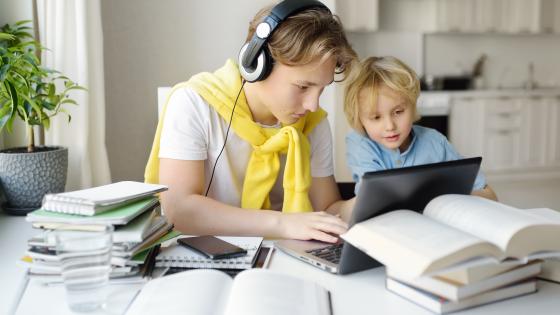DP3149 Self Control in Peer Groups
People with a self-control problem often seek relief through social interactions rather than binding commitments. Thus, in self-help groups like Alcoholics Anonymous, Narcotics Anonymous etc, members are said to achieve better personal outcomes by mainly sharing their experiences. In other settings, however, peer influences can severely aggravate individual tendencies towards immediate gratification, as is often the case with interactions among schoolmates or neighborhood youths. Bringing together the issues of self-control and peer effects, we study how observing the behaviour of others affects individuals? ability to resist their own impulses towards short-run gratification. We show how these purely informational spillovers can give rise to multiple equilibria, where agents? choices of self-restraint or self-indulgence are mutually reinforcing. More generally, we identify conditions on agents? initial self-confidence, confidence in others, and degree of correlation that uniquely lead to either a ?good news? equilibrium where social interactions improve self-discipline, a ?bad news equilibrium? where they damage it, or to both. We also conduct a welfare analysis to determine when group membership is preferable to, or worse than, isolation. Individuals will generally find groups useful for self-control only if they have at least a minimal level of confidence in their own and their peers? ability to resist temptation. At the same time, having a partner who is ?too perfect? is no better than being alone, and therefore often less desirable than being matched to someone more like oneself. Our Paper thus provides a psychologically grounded theory of endogenous peer effects, as well as of the importance of group morale.

